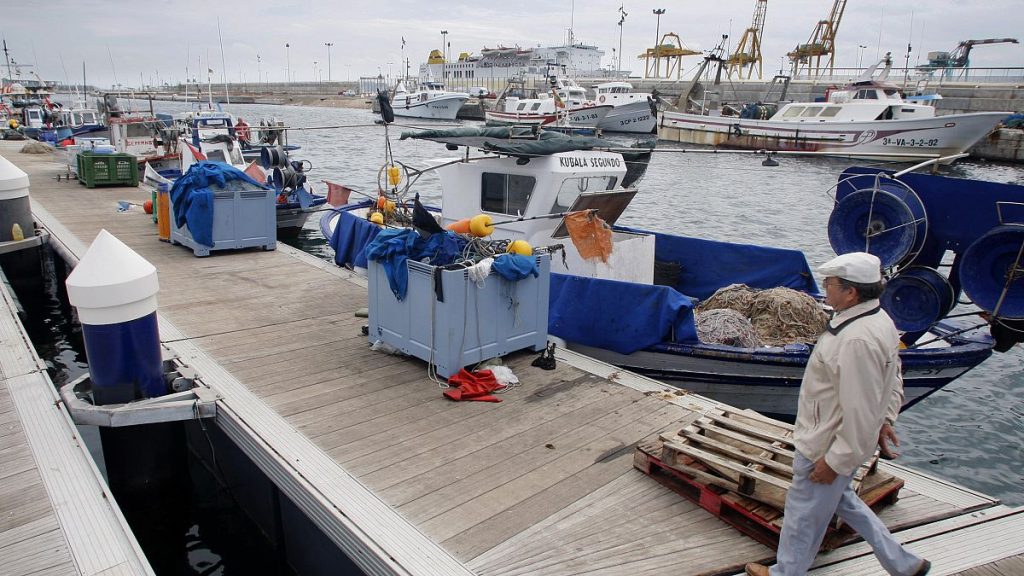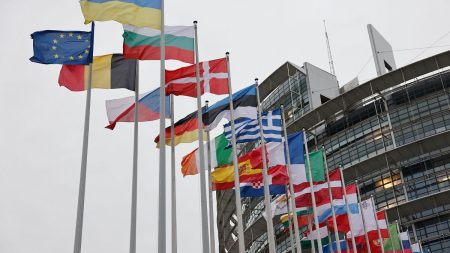The European Union has navigated a complex and contentious negotiation process to establish fishing limits for 2025, culminating in a delicate compromise aimed at balancing the economic interests of fishing communities with the urgent need for marine conservation. The agreement, reached after two days of intense discussions in Brussels, focuses on the Mediterranean Sea, a region where overfishing has significantly depleted fish stocks, jeopardizing the health of the marine ecosystem and the long-term sustainability of the fishing industry. The negotiations were particularly challenging, with key stakeholders, including Spain, France, and Italy, pushing back against the European Commission’s initial proposals, which were deemed too drastic and economically damaging.
The core issue revolved around fishing effort, specifically the number of days trawlers are allowed to fish in the Western Mediterranean. The Commission’s initial proposal called for a substantial reduction in fishing days, aiming to curb overfishing and allow depleted stocks to recover. This proposal, however, met with fierce resistance from fishing nations, who argued that such drastic cuts would cripple their fishing industries. The final agreement represents a compromise, incorporating reduced fishing effort while also offering member states mechanisms to maintain existing fishing levels by implementing specific conservation measures. This flexibility aims to mitigate the economic impact on fishing communities while encouraging the adoption of sustainable fishing practices.
The final agreement stipulated reductions of 66% in fishing days for Spanish and French waters and 38% for Italian and French waters, a significant decrease from the Commission’s initial proposal of a 79% reduction across the board. This compromise was reached after heated debate and intense lobbying from the affected countries, who argued that the original proposal would have devastated their fishing industries. The agreed-upon reductions, while still significant, offer a more palatable pathway towards sustainability, allowing time for fishing communities to adapt and implement alternative practices. The incorporation of flexibility mechanisms further softens the blow, allowing countries to maintain 2024 fishing levels if they adopt specific conservation measures.
A key element of the agreement is the introduction of a compensation mechanism, allowing countries to offset reductions in fishing days by implementing conservation-friendly fishing practices. These measures include using larger mesh sizes in nets to allow smaller fish to escape, establishing seasonal closures to protect spawning fish, and adopting more selective fishing gear to minimize bycatch. This mechanism aims to incentivize sustainable fishing, rewarding countries that actively implement conservation measures by allowing them to maintain higher levels of fishing activity. Spain and Italy, two of the countries most affected by the reduction in fishing days, have already indicated their intention to utilize this mechanism to maintain their current levels of fishing effort.
While the compromise has been lauded as a step forward in protecting Mediterranean fish stocks, concerns remain about the effectiveness of the compensation mechanism. Some NGOs argue that the flexibility afforded by this mechanism could undermine the overall goal of reducing fishing effort, potentially allowing overfishing to continue under the guise of conservation. The uncertainty surrounding how these measures will be implemented and monitored raises questions about the agreement’s ability to achieve its intended objectives. Furthermore, the specific details of how countries will implement and report on their conservation efforts remain to be seen, making it difficult to assess the long-term impact of the agreement.
The agreement also includes specific quota reductions for certain species, including blue and red shrimp and giant red shrimp, reflecting the precarious state of these stocks. While these reductions are welcomed by conservation groups, they further underscore the need for comprehensive and effective management measures to address the overfishing crisis in the Mediterranean. The negotiations surrounding these fishing limits highlight the complex interplay between economic interests, environmental concerns, and the need for international cooperation in managing shared resources. The final agreement represents a delicate balance between these competing priorities, and its success will depend on the commitment of all stakeholders to implement and uphold its provisions.










